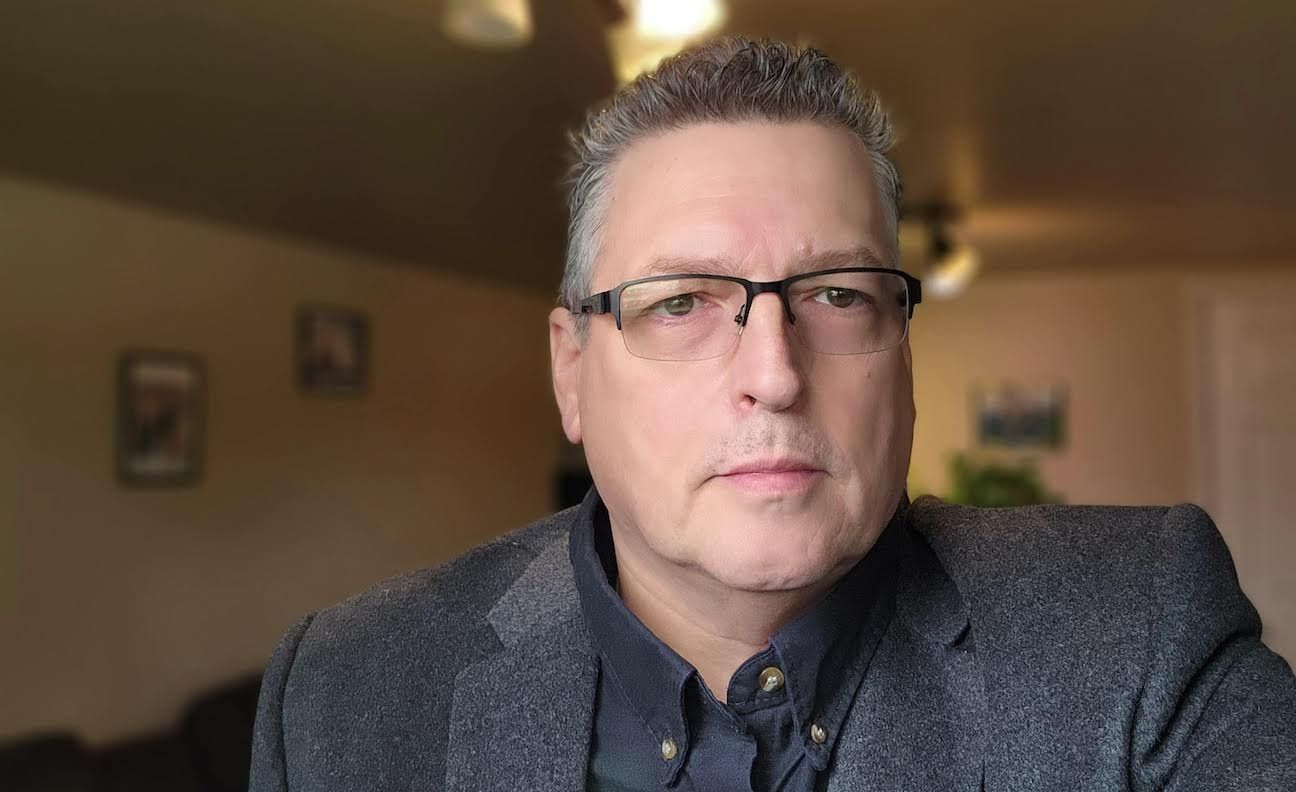working toward a future with youth mental wellness in mind
the work coulter has done and continues to do has made fundamental changes in the lives of young people and their parents. his tragedy has shone a light on the state of the system and how it lets young people down every single day.
currently, the healthcare and school systems operate on a reaction-based model. when a student or young person struggles with depression, they face a difficult task: talk to someone about something they don’t quite understand themselves. instead of focusing solely on the after, coulter believes prevention is the better route.
prevention means teaching young people how to handle the tough stuff life throws their way, open up and talk about the negative emotions they’re experiencing, and understand their minds better.
“i firmly believe that prevention is the answer, and our schools need to start adopting more of these components into their curriculum,” coulter said. “we need some strong advocates and champions within the educational system to ensure that it happens. there’s not enough of them out there. there have been a few, but unfortunately, they’re being muted by a greater populace.”
real change begins with a conversation. as more and more youth continue to be hit with depression and all that it entails, people like coulter can’t do it alone. it’s vital to remember that when something as loud as depression and the repercussions it can have on a person is silenced, the voices fighting for change need to be louder.
 7 minute read
7 minute read









